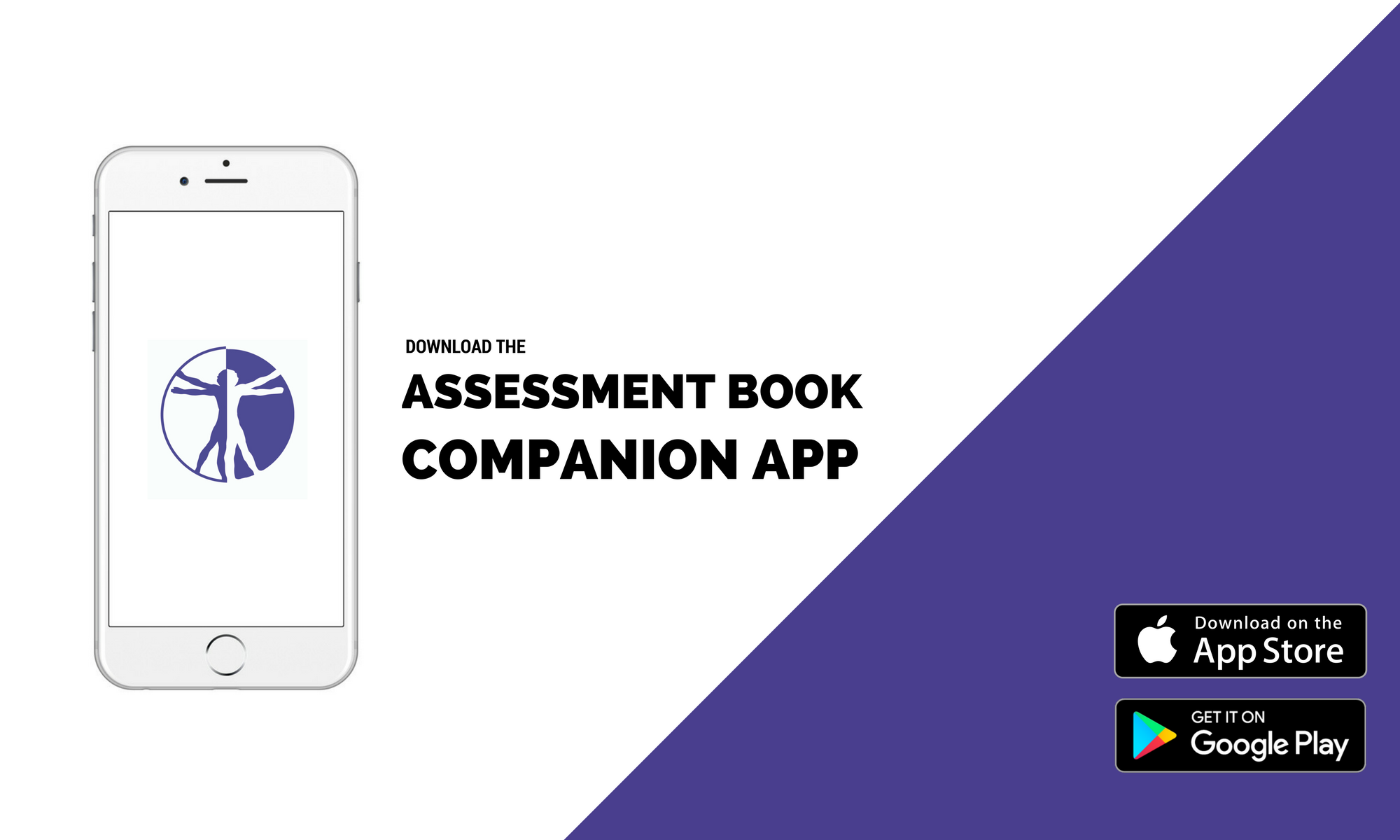Execution:
Patients are instructed verbally. If they don’t understand it properly, they are instructed verbally again and the examiner demonstrates the movement.
- Waiter’s bow: Flexion of the hips in upright standing without movement (flexion) of the low back
Correct : Forward bending of the hips without movement of the low back (50–70° Flexion hips)
Not correct: Hip flexion angle without low back movement less than 50° or flexion occurring in the low back - Posterior tilt of pelvis: Actively tilting the pelvis backwards in upright standing
Correct: Actively in upright standing (Gluteus activity); keeping thoracic spine in neutral, lumbar spine moves towards flexion
Not correct: Pelvis doesn’t tilt or low back moves towards extension/No gluteal activity/compensatory flexion in thoracic spine - Single leg stance: From normal standing to one-leg-stance: measurement of lateral movement of the belly button. (Position: feet one third of trochanter distance apart)
Correct: The distance of the transfer is symmetrical right and left. Not more than 2 cm difference between sides.
Not correct: Lateral transfer of belly button more than 10 cm. Difference between sides more than 2 cm - Sitting knee extension: Upright sitting with corrected lumbar lordosis; extension of the knee without movement (flexion) of low back
Correct: Upright sitting with corrected lumbar lordosis; extension of the knee without movement of low back (30–50° extension normal).
Not correct: Low back moving in flexion. Patient is not aware of the movement of the back - Rocking forwards: Transfer of the pelvis forwards (“rocking”) in a quadruped position keeping low back in neutral
Correct: Rocking forwards without extension movement of the low back
Not correct: Hip movement leads to extension of the low back - Rocking backwards: Transfer of the pelvis backwards (“rocking”) in a quadruped position keeping low back in neutral
Correct: 120° of hip flexion without (flexion) movement of the low back by transferring pelvis backwards.
Not correct: Hip flexion causes flexion in the lumbar spine (typically the patient not aware of this) - Prone Knee Bend:. Active Knee Flexion in Prone Position
Correct: Active knee flexion at least 90° without extension or rotational movement of the low back and pelvis
Not correct: With knee flexion, the low back does not stay neutral but moves into extension or pelvic rotation
There is no specific cut-off value for a number of positive tests. However, patients with a flexion pattern according to O’Sullivan (2000) typically have problems with the Waiter’s bow, Sitting Knee Extension and Backward Rocking. Patients with an Extension pattern according to O’Sullivan typically have problems to perform the Posterior Pelvic Tilt, Forward Rocking and Prone Knee Bend.
Patients with a Lateral Shift Pattern usually have problems with all movements that the Flexion pattern patients is struggling with plus the Single Leg Stance.
| Study | Reliability | Sn | Sp | LR+ | LR- |
| Luomajoki et al. (2007) | Intra к = 0.51-0.95 Inter к= 0.43-0.72 |
NA | NA | NA | NA |
| Waiter’s Bow | Intra к = 0.88 Inter к= 0.62 |
NA | NA | NA | NA |
| Posterior Pelvic Tilt | Intra к = 0.80 Inter к= 0.65 |
NA | NA | NA | NA |
| Single Leg Stance left | Intra к = 0.80 Inter к= 0.65 |
NA | NA | NA | NA |
| Single Leg Stance right | Intra к = 0.84 Inter к= 0.65 |
NA | NA | NA | NA |
| Sitting Knee Extension | Intra к = 0.95 Inter к= 0.72 |
NA | NA | NA | NA |
| Forward Rocking | Intra к = 0.51 Inter к= 0.68 |
NA | NA | NA | NA |
| Backward Rocking | Intra к = 0.72 Inter к= 0.57 |
NA | NA | NA | NA |
| Prone Knee Bend (Extension) | Intra к = 0.70 Inter к= 0.47 |
NA | NA | NA | NA |
| Prone Knee Bend (Rotation) | Intra к = 0.78 Inter к= 0.58 |
NA | NA | NA | NA |
| Crook Lying Hip Abduction | Intra к = 0.86 Inter к= 0.38 |
||||
| Comment: In the video the Crook Lying Position has not been used due to the weak inter-reliability | |||||
![]()
